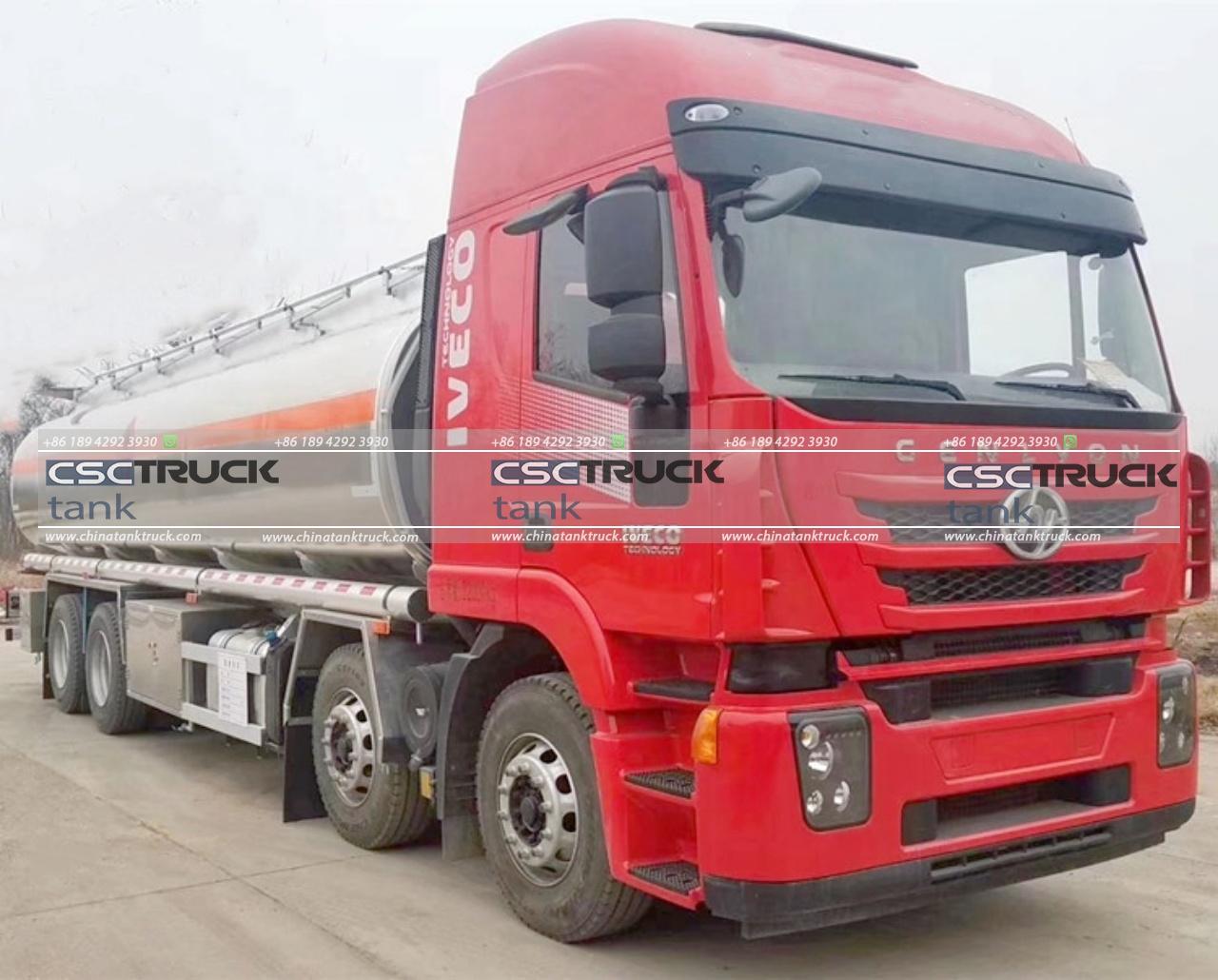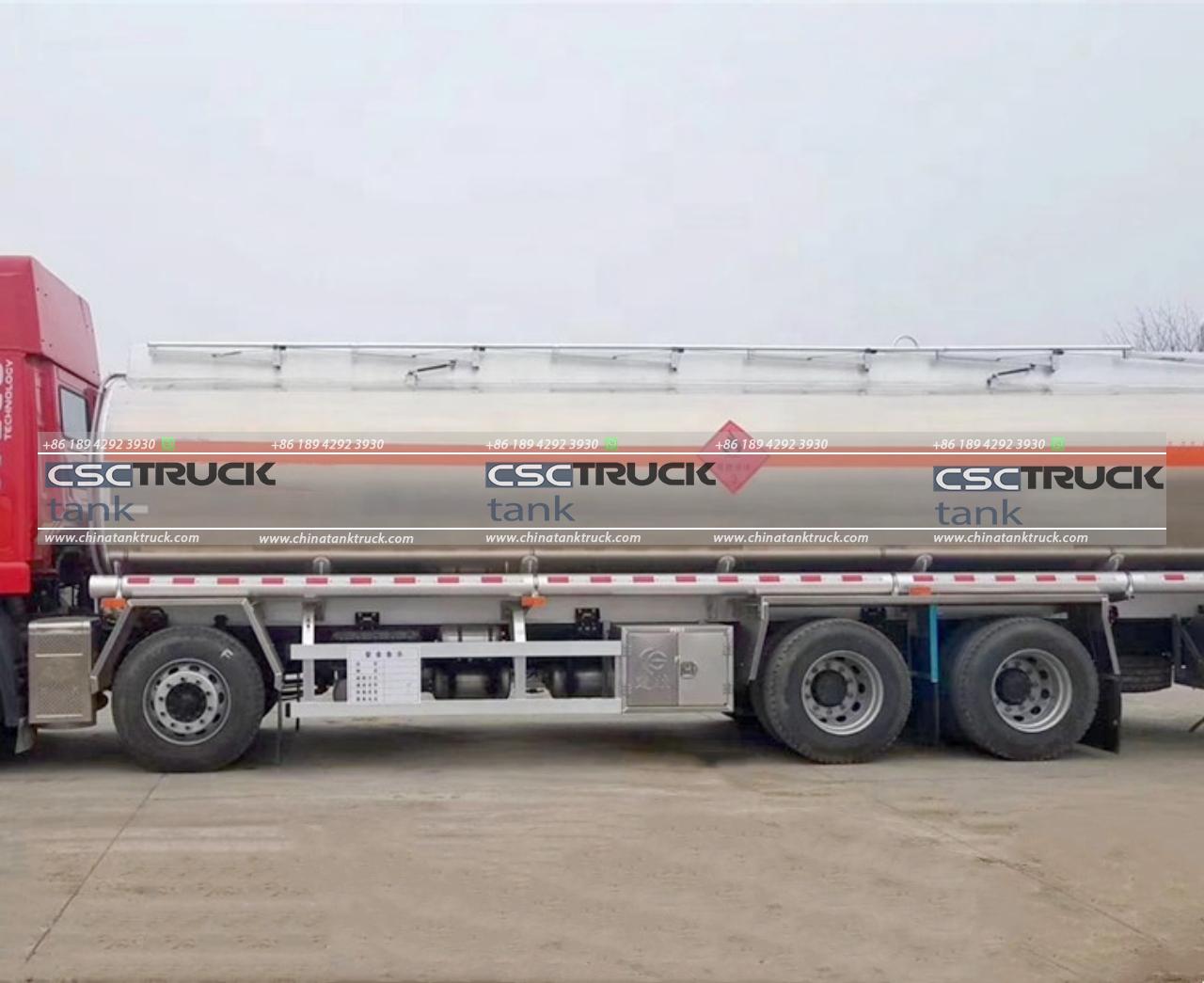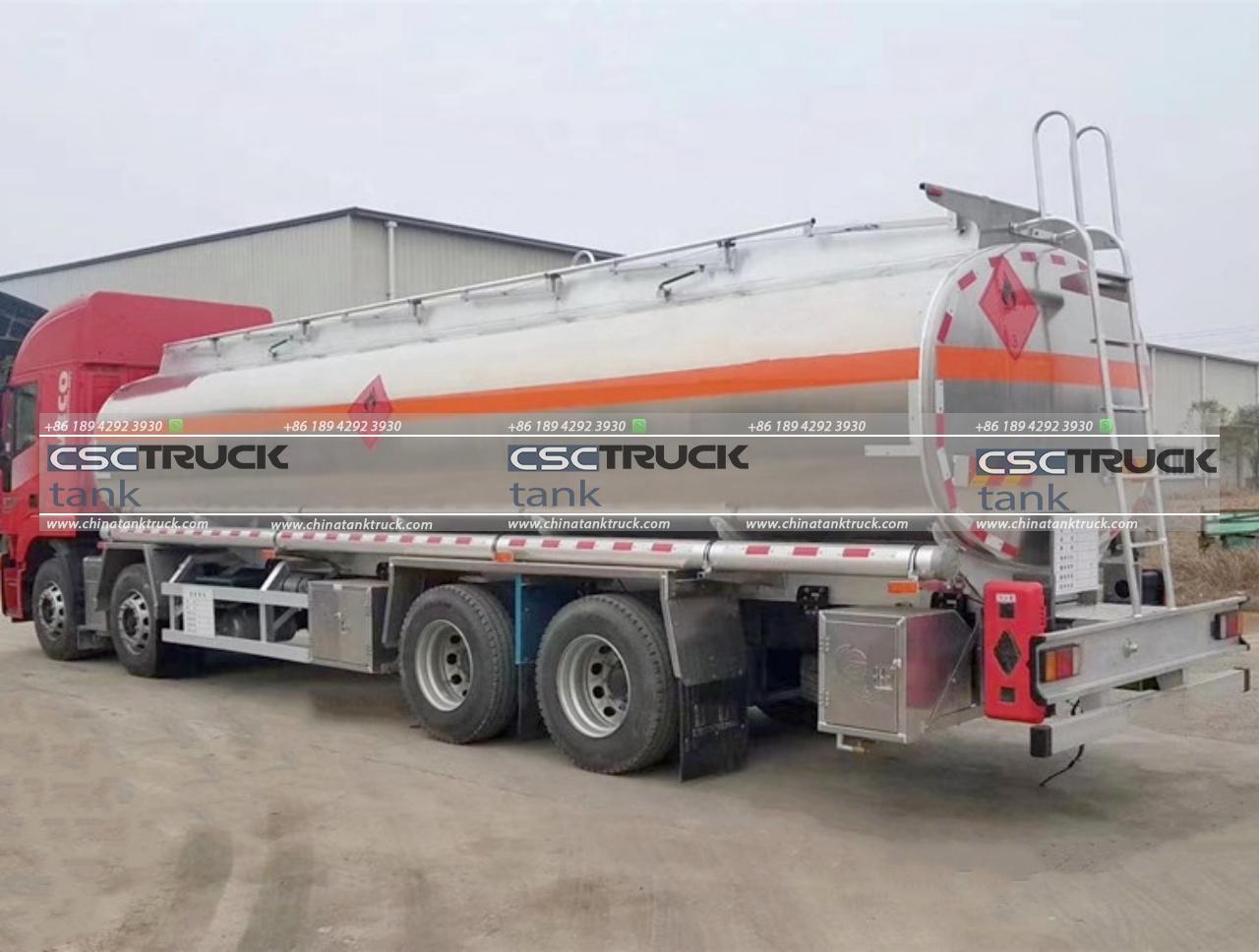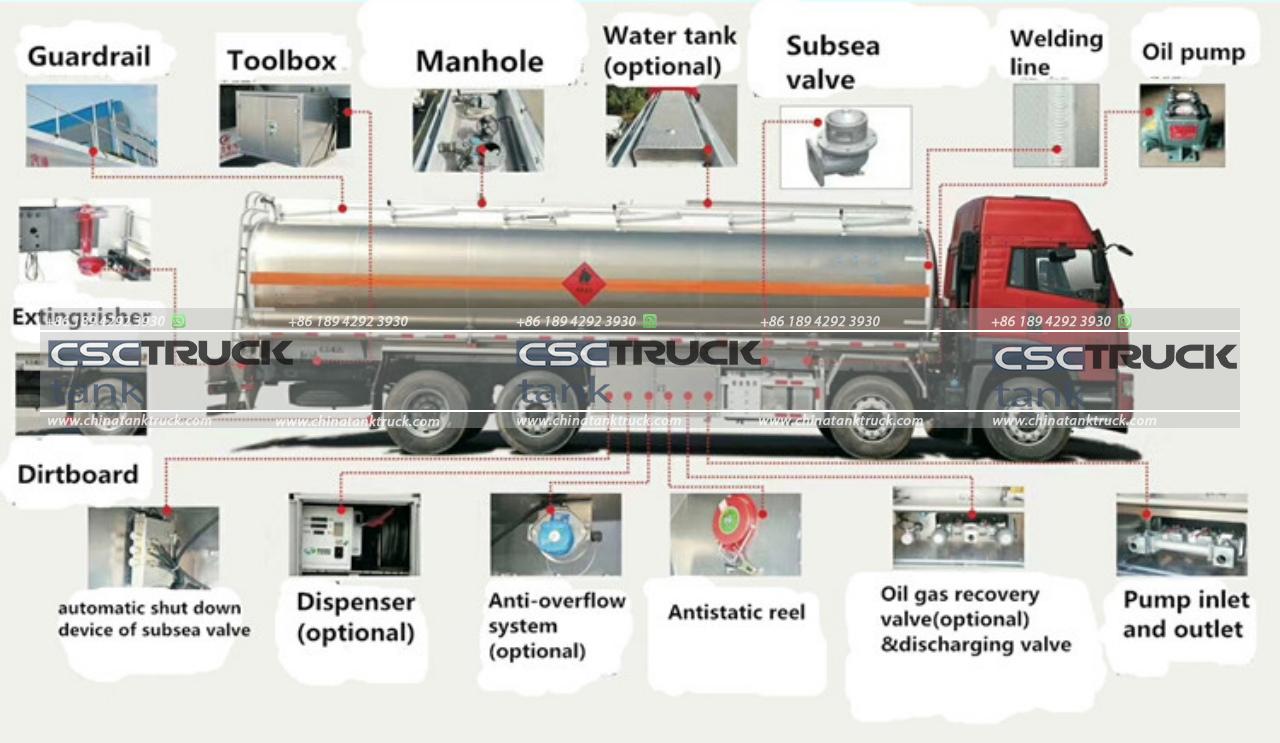Diesel engines are celebrated for their efficiency, durability, and power, yet they are rarely found in the average car, especially in countries like the United States. Despite the popularity of diesel engines in trucks, buses, and some types of SUVs, most personal vehicles still run on gasoline. But why don’t cars use diesel engines more widely? This article will examine several reasons, from technical aspects to cultural perceptions and environmental factors, to understand why diesel has struggled to gain a foothold in the passenger car market.
1. Understanding Diesel and Gasoline Engines: What’s the Difference?
Diesel engines operate differently from gasoline engines in a few fundamental ways. In a gasoline engine, the fuel is mixed with air, compressed by pistons, and ignited by a spark plug. In a diesel engine, however, the air is compressed first, creating a high temperature, and then diesel fuel is injected into the compressed air, igniting it without the need for spark plugs. This process allows diesel engines to generate more torque and achieve higher efficiency than gasoline engines.
Diesel engines are generally more fuel-efficient because diesel fuel has a higher energy density than gasoline. This higher density, coupled with diesel’s compression-ignition process, means that diesel engines extract more energy per unit of fuel. This efficiency is the reason diesel engines are favored for vehicles like trucks and buses that need to haul heavy loads over long distances. So, with these advantages, why aren’t diesel engines the preferred choice for cars?

2. Fuel Cost and Availability
While diesel fuel is generally more energy-dense than gasoline, it can also be more expensive, depending on the region. In the U.S., for example, diesel fuel typically costs more than gasoline, making it a less attractive option for consumers. Diesel pricing in Europe, however, is often lower, which is why diesel cars are more common in countries like Germany and the U.K.
Beyond cost, availability also plays a role. Not every gas station in the U.S. provides diesel fuel, making it a less convenient option for American drivers. A car that can’t be easily refueled at any gas station is less appealing for the average commuter. In Europe, where diesel cars are more popular, diesel availability is far more widespread, which has encouraged diesel use in passenger cars.
3. Environmental Impact: Diesel’s Dirty Secret
One of the biggest reasons diesel hasn’t been widely adopted in passenger cars is its environmental impact. While diesel engines produce less carbon dioxide (CO₂) than gasoline engines, they emit significantly higher levels of nitrogen oxides (NOx) and particulate matter. NOx emissions contribute to smog and respiratory problems, while particulate matter (such as soot) poses health risks, particularly in densely populated areas.
Diesel engines have come under heavy scrutiny for their emissions, especially after the Volkswagen emissions scandal, in which it was revealed that the automaker used software to cheat emissions tests for diesel vehicles. This scandal highlighted the difficulty of creating diesel engines that meet strict emissions standards while still providing efficiency benefits, particularly in small passenger cars. Since then, many countries have implemented stricter regulations on diesel vehicles, making it more challenging for manufacturers to produce compliant diesel cars without sacrificing performance.

4. Technological Challenges and Cost
Modern diesel engines require complex systems to control emissions, such as Diesel Particulate Filters (DPF) and Selective Catalytic Reduction (SCR) systems, which use AdBlue, a urea-based solution that reduces NOx emissions. These systems add weight, require maintenance, and increase the cost of diesel engines. For instance, SCR systems need regular refills of AdBlue, which can be an inconvenience for everyday drivers.
Due to these additional costs, diesel engines tend to be more expensive than gasoline engines to manufacture. This price difference is significant in smaller, economy cars, where buyers are particularly cost-sensitive. The premium price of a diesel engine may make sense for a trucker, who will recover the cost through fuel savings over long distances, but for an average car buyer, the higher upfront cost of a diesel car can be prohibitive.
5. Cultural and Market Perceptions
In some regions, there is a cultural perception that diesel engines are best suited for commercial vehicles and heavy-duty applications, not for everyday passenger cars. In the U.S., for example, diesel is often associated with large trucks, buses, and construction equipment, rather than family sedans or compact cars. This perception has been reinforced by limited diesel car options available to American consumers.
On the other hand, Europe has a long tradition of diesel cars, partly due to favorable tax incentives for diesel fuel. As a result, diesel vehicles have been well-received and widely adopted in European countries. In the U.S., however, consumers are more accustomed to gasoline engines, and many automakers have struggled to change this preference.

6. Performance and Noise
While diesel engines are celebrated for their high torque, which is ideal for towing and heavy hauling, they generally don’t deliver the same kind of high-revving performance that gasoline engines offer. Diesel engines are also typically louder than gasoline engines, especially at idle and low speeds. For drivers who prioritize a smooth and quiet ride, as many car buyers do, gasoline engines are often preferable.
Additionally, diesel engines are heavier than their gasoline counterparts, which can affect handling and agility in smaller cars. This weight penalty makes diesel engines less suitable for sports cars or other performance-oriented vehicles where nimble handling and quick acceleration are prized.
7. Shifts in the Auto Industry and Alternative Fuel Sources
The global automotive industry is undergoing a major transformation, with a growing emphasis on electric and hybrid vehicles. Governments worldwide are implementing policies to reduce carbon emissions, and automakers are investing billions in developing electric and hybrid models. As a result, diesel is increasingly seen as outdated, especially in the passenger car market.
Automakers are responding to demand for more sustainable options by prioritizing electric vehicles (EVs) over new diesel-powered models. While diesel technology has advanced, and some modern diesel cars are capable of meeting emissions standards, the rise of EVs makes it less appealing for carmakers to invest in diesel passenger vehicles. EVs offer a compelling alternative that produces zero emissions, aligns with regulatory pressures, and appeals to consumers’ growing environmental concerns.

8. Future of Diesel in Passenger Cars
Given these factors, the future of diesel in passenger cars looks limited, especially as electric vehicles become more prevalent and affordable. While diesel engines will likely remain popular in commercial applications due to their efficiency and power, the passenger car market is moving in a different direction. As battery technology improves and charging infrastructure expands, EVs are becoming a viable alternative for both urban and rural drivers, further diminishing the demand for diesel cars.
Some countries have also implemented bans on the sale of new diesel cars to promote a cleaner automotive market. For example, many European nations plan to phase out the sale of new diesel and gasoline cars by 2030 or 2040, pushing consumers toward electric options. This shift in policy reflects the growing consensus that diesel, while efficient, does not align with the long-term vision of sustainable transportation.
Conclusion
In summary, diesel engines aren’t widely used in cars due to a combination of environmental concerns, cost, technological challenges, and cultural perceptions. Diesel’s advantages in fuel efficiency and torque make it ideal for commercial vehicles, but for everyday passenger cars, these benefits are often outweighed by drawbacks such as high emissions, added maintenance requirements, and higher costs. With the rise of electric vehicles and stricter emissions regulations, diesel’s role in the passenger car market continues to decline, making way for cleaner, more sustainable options.


